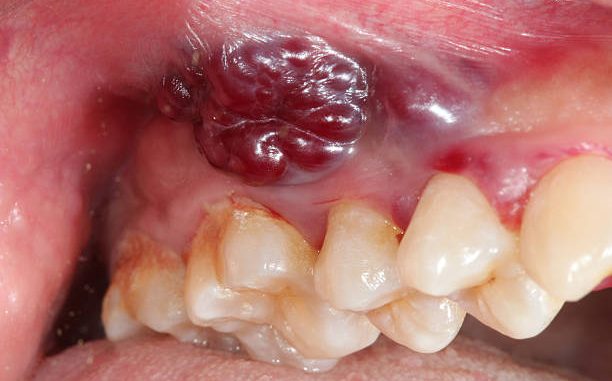
The World Health Organisation (WHO) has called on the federal government to increase routine vaccination to nip outbreaks in the bud.
Tedros Ghebreyesus, WHO director-general, made the call during an online media conference.
Mr Tedros said Nigeria was experiencing a severe outbreak of diphtheria. According to him, more than 9000 suspected cases have been reported across 17 states, with 307 deaths.
This is the second wave of diphtheria this year,” he said.
According to the WHO chief, diphtheria is a highly contagious but vaccine-preventable disease caused by a bacterium which can be fatal in five to 10 per cent of cases, with a higher mortality rate in young children.
He said WHO was supporting the government to improve vaccination, surveillance, case management and risk communication.
“We are also working with partners to increase access to vaccines and antitoxin. This outbreak and others highlight the need to increase routine vaccination to stop these outbreaks before they start,” the WHO boss said.
On COVID-19, he said the WHO had continued to see concerning trends for the virus ahead of the winter season in the northern hemisphere.
Mr Tedros said the deaths were increasing in parts of the Middle East and Asia.
ICU admissions are increasing in Europe and hospitalisations are increasing in several regions,” noted Mr Tedros. He, however, regretted that “data is limited.”
According to him, only 43 countries, less than a quarter of WHO member states, are reporting deaths to WHO, and only 20 provide information on hospitalisations.
“Globally, there is not one variant that is dominant. The variant of interest EG.5 is on the rise, while the XBB sub-variants are declining. The BA.2.86 variant has been detected in small numbers in 11 countries,” added Mr Tedros. “WHO is monitoring this variant closely to assess its transmissibility and potential impact.”
Mr Tedros said one of WHO’s biggest concerns was the low level of at-risk people who had received a dose of COVID-19 vaccine recently. He said the organisation’s message was not to wait to get an additional dose if it was recommended for the person.
Mr Tedros said WHO published an annexe to the global strategic preparedness and response plan for COVID-19, “which further supports countries in five critical areas.”
NAN
